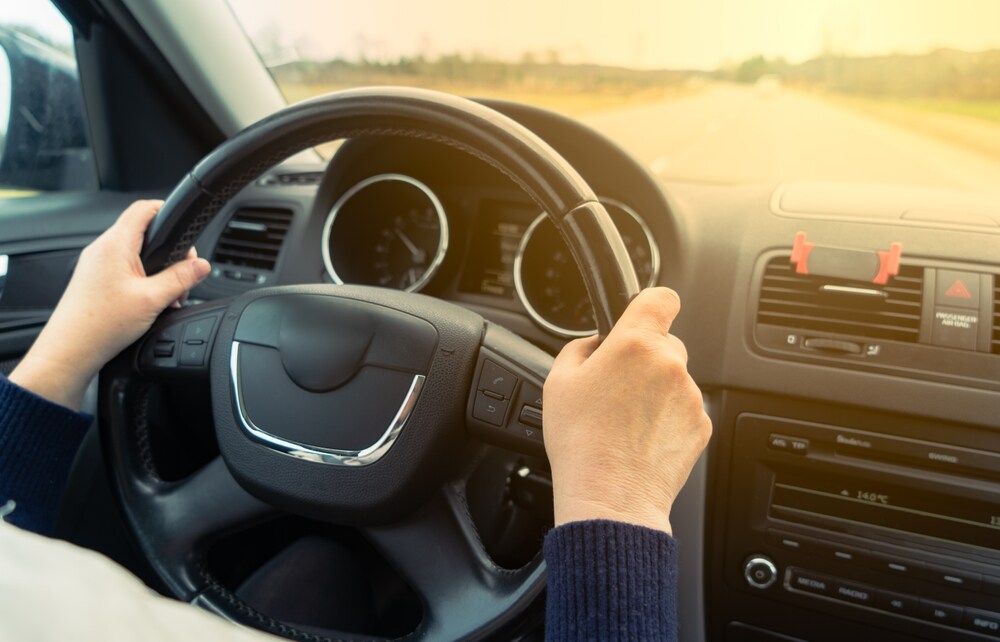
Embarking on the hunt for a used car, truck, or SUV is an exciting task, knowing that you can find a quality vehicle that will become your trusted companion on the road. As you search for your next car, it's essential to be well-prepared and equipped with a checklist of key factors to consider before making a purchase.
With this comprehensive list of things to inspect when buying a used vehicle, you can confidently approach your choices, ensuring a thorough evaluation that leads you to the perfect match.
Checklist: Things to Look For When Buying a Used Vehicle
1. Vehicle History
One of the first things you should investigate is the vehicle's history, including the number of previous owners. The number of owners can impact its longevity, performance, and long-term reliability. Each owner may have had different driving styles, maintenance routines, and levels of care.
Consider the pros and cons of a car with multiple owners, as each owner may also have treated its “new ride” with special care during their ownership. Ultimately, every vehicle and its owner are unique, so let's explore other factors to consider when buying a used car.
2. Exterior and Interior Damage
While it may seem obvious, carefully examine the exterior and interior of the car, SUV, or truck. Check for any paint chips and ask if it’s its original color. Look for any scratches or minor dents on the exterior of the vehicle. Finding one or two minor flaws is perfectly normal since the car can’t stay brand new out of the agency, but ensure you're comfortable with the overall condition.
Don’t forget to take a look at the interiors. Make sure the seats are in good condition and comfortable for your needs. Evaluate the trunk space and check if the vehicle meets your requirements. Pay attention to the functionality of electronics and technological features, as they can affect the vehicle's value and potential resale in the future.
3. Mileage
Mileage is an important consideration as it reflects the car's usage and overall wear and tear. Higher mileage indicates the vehicle has been driven more, potentially leading to more frequent maintenance and repairs.
For reference, a good car uses around 10,000 to 12,000 miles per year. Consider the number of years the vehicle has been in use when assessing the mileage. Lower mileage per year is generally preferable, while cars with over 100,000 miles may require more expensive checkups and repairs due to their age and usage.
4. Mechanic Inspection
Many dealerships will offer used cars, trucks, and SUVs that have gone through a mechanic inspection to ensure you get a quality ride. It's important to inquire about whether the vehicle has been inspected and if any significant repairs or maintenance have been performed.
Understanding the vehicle's mechanical history can help you gauge its reliability and potential future issues. Consider how these factors align with your preferences and budget. Remember to stay vigilant for any potential future problems that may arise and make an informed decision based on the vehicle's previous history.
It’s highly recommended that you request a test drive to ensure that you feel comfortable driving around your possible next car.